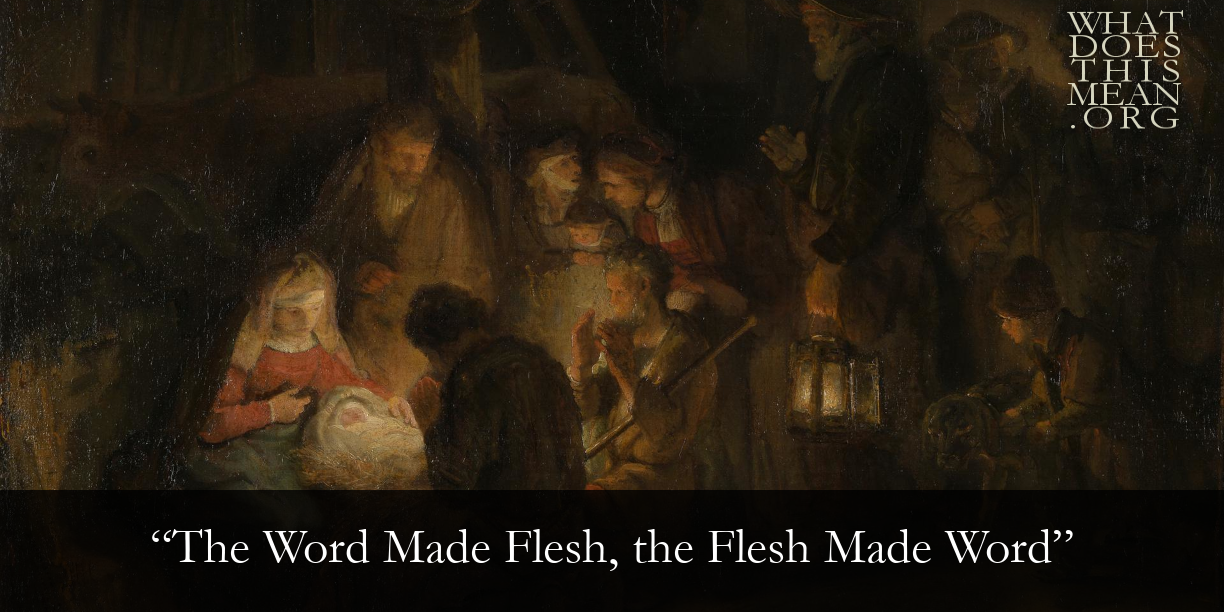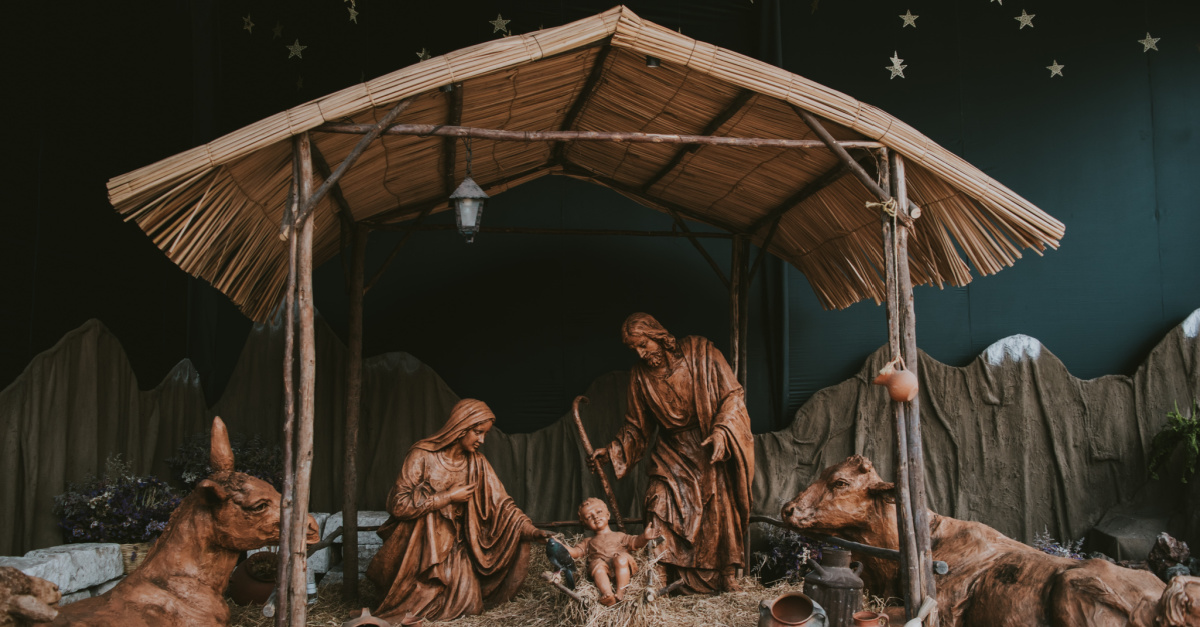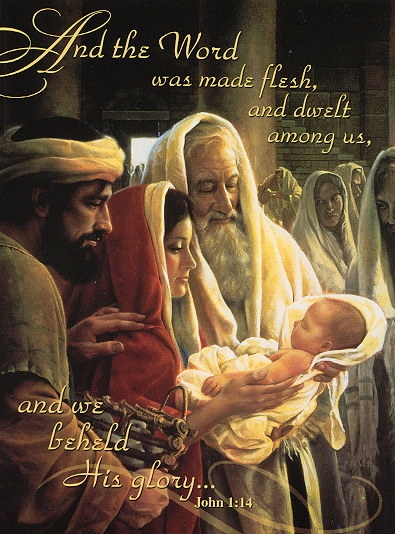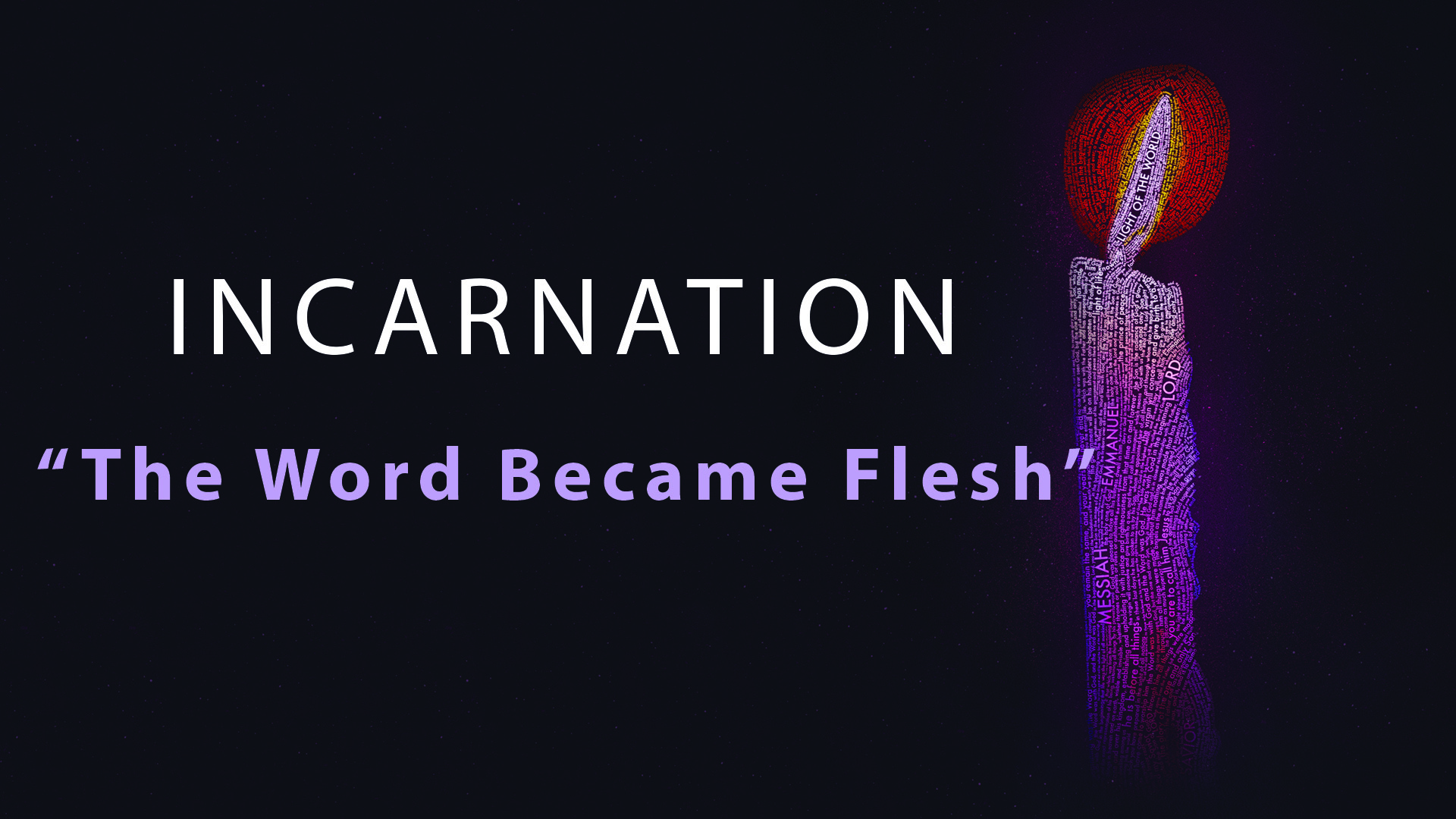The Incarnation: The Word Made Flesh At Christmas
The Incarnation: The Word Made Flesh at Christmas
Related Articles: The Incarnation: The Word Made Flesh at Christmas
Introduction
With enthusiasm, let’s navigate through the intriguing topic related to The Incarnation: The Word Made Flesh at Christmas. Let’s weave interesting information and offer fresh perspectives to the readers.
Table of Content
The Incarnation: The Word Made Flesh at Christmas

Christmas, a celebration observed worldwide, commemorates the birth of Jesus Christ, an event central to the Christian faith. This birth, however, is not merely a historical event; it is a profound theological statement: the Word of God becoming flesh. This concept, known as the Incarnation, holds immense significance for Christians and offers a rich understanding of God’s relationship with humanity.
The "Word of God" is a concept deeply rooted in the Bible. In the Gospel of John, the opening verse proclaims, "In the beginning was the Word, and the Word was with God, and the Word was God." This Word, the eternal Son of God, is identified with God himself, possessing divine attributes and existing before the creation of the world.
The Incarnation, then, is the moment when this divine Word, the eternal Son, took on human form, becoming Jesus Christ. This event, described in the Gospels, is portrayed as a miraculous act where God entered the human realm, born of a virgin named Mary. The birth of Jesus, therefore, is not just a biological event; it is a theological declaration signifying the union of divinity and humanity in one person.
This union of divine and human natures in Jesus Christ has profound implications for understanding God and his relationship with humanity. It reveals God’s love for humanity, his desire to be close to his creation, and his willingness to enter the human experience to redeem and reconcile humanity to himself.
Understanding the Incarnation
The Incarnation offers a deeper understanding of several crucial theological concepts:
-
God’s Love: The Incarnation demonstrates God’s immense love for humanity. By taking on human form, God entered the world of suffering, vulnerability, and limitations, showing his willingness to be present with humanity in their struggles. This act transcends mere abstract love and embodies a tangible, personal commitment to humanity.
-
God’s Accessibility: Through the Incarnation, God becomes accessible to humanity in a way never before possible. Jesus, fully God and fully human, bridges the gap between the divine and the human, making God knowable and relatable. He becomes a model for humanity, demonstrating a life lived in obedience to God’s will and offering a path to reconciliation with God.
-
Salvation and Redemption: The Incarnation is inextricably linked to the concept of salvation. Jesus’ life, death, and resurrection are seen as the ultimate act of redemption, reconciling humanity to God and offering forgiveness for sins. His death on the cross is interpreted as a sacrifice, offering atonement for the sins of humanity and providing a path to eternal life.
-
Human Dignity: The Incarnation elevates the dignity of humanity. God’s willingness to become human affirms the inherent worth and value of each individual. This affirmation challenges any notion of human inferiority or insignificance, emphasizing the intrinsic dignity bestowed upon all humans as created in God’s image.
The Significance of Christmas
Christmas, therefore, is more than just a holiday; it is a celebration of this profound theological truth. It marks the moment when the eternal Word of God entered the world, taking on human flesh and offering humanity a glimpse into the divine love and mercy.
FAQs about the Christmas Word of God
1. Why is the Incarnation so important?
The Incarnation is central to Christian theology because it reveals God’s love for humanity, his desire to be close to his creation, and his willingness to enter the human experience to redeem and reconcile humanity to himself.
2. How does the Incarnation impact human life?
The Incarnation offers hope, forgiveness, and a path to reconciliation with God. It also elevates human dignity, affirming the inherent worth and value of each individual.
3. Is the Incarnation a historical event or a theological concept?
The Incarnation is both a historical event and a theological concept. While the birth of Jesus is recorded in history, it is also a profound theological statement about the nature of God and his relationship with humanity.
4. How does the Incarnation relate to other Christian beliefs?
The Incarnation is foundational to other Christian beliefs, including salvation, redemption, and the Trinity. It provides a framework for understanding God’s love, his plan for humanity, and the nature of his relationship with the world.
5. What are some practical ways to reflect on the Incarnation?
Reflecting on the Incarnation can involve studying scripture, engaging in prayer, participating in worship services, and seeking to live a life that reflects God’s love and compassion.
Tips for Reflecting on the Christmas Word of God
-
Engage with Scripture: Read the Gospel accounts of Jesus’ birth and consider the theological implications of the Incarnation.
-
Meditate on the Incarnation: Spend time in prayer, reflecting on God’s love and willingness to become human.
-
Seek Out Christian Resources: Explore books, articles, and sermons that delve into the significance of the Incarnation.
-
Share the Message: Share your understanding of the Incarnation with others, especially those who may not be familiar with the Christian faith.
-
Live a Life of Love: Seek to embody the love of God in your interactions with others, reflecting the compassion and grace demonstrated by Jesus.
Conclusion
Christmas, therefore, is a celebration of the Incarnation, a moment when the Word of God became flesh. This event, central to Christian faith, offers a profound understanding of God’s love, his accessibility, and his plan for humanity’s salvation and redemption. By reflecting on the Incarnation, Christians can deepen their understanding of God’s character, his relationship with humanity, and the transformative power of his love. The Christmas celebration, therefore, serves as a reminder of the ultimate gift of God to humanity: the gift of his presence in the world, embodied in the person of Jesus Christ.








Closure
Thus, we hope this article has provided valuable insights into The Incarnation: The Word Made Flesh at Christmas. We appreciate your attention to our article. See you in our next article!
Leave a Reply